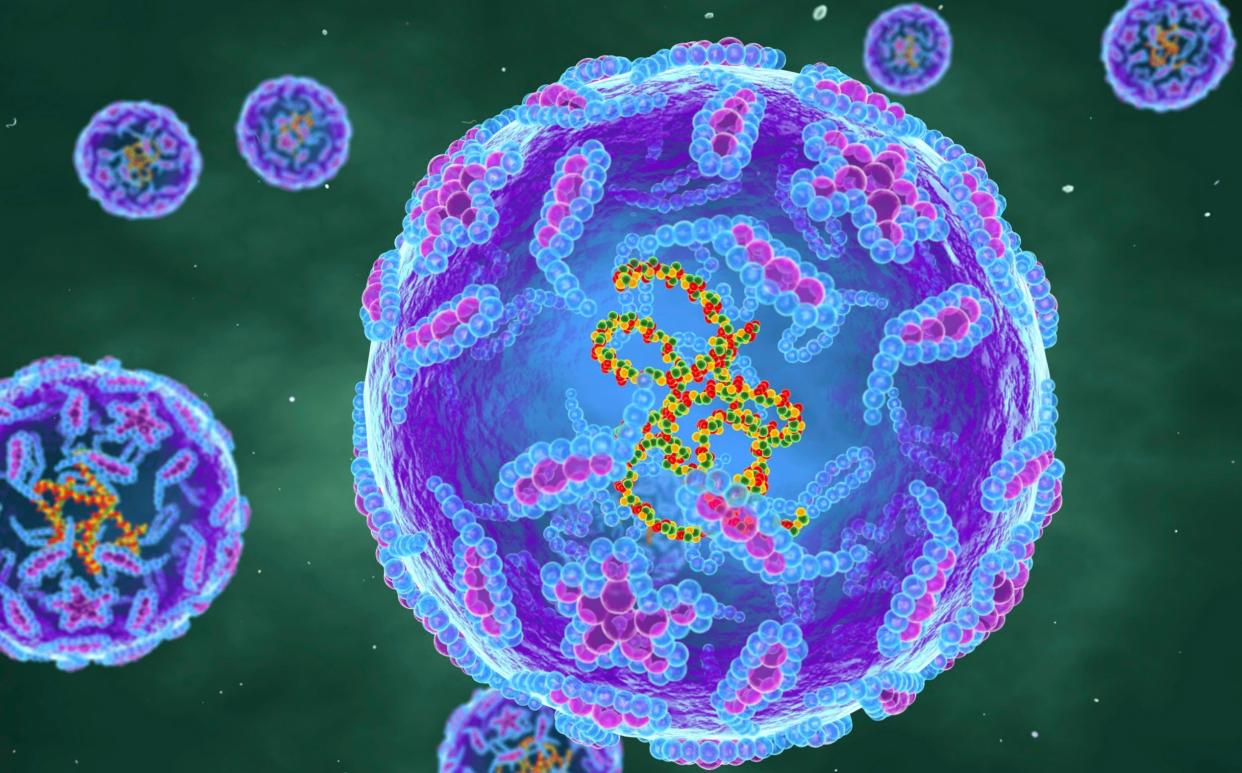Polio could be spreading beyond London

Polio could be elsewhere in the country, experts have warned, as they cautioned that failure to monitor sewage systems nationally risks the virus spreading unchecked.
On Wednesday, the UK Health and Security Agency announced that it had found the polio virus in sewage treatment works in north London, and said there was evidence of transmission in a small number of people.
But despite declaring the outbreak a national incident, the UK Health and Security Agency (UKHSA) is not planning to test any other sewage works in Britain.
Public health experts said it risked leaving communities blind to the virus, particularly as many towns and cities have taken in large numbers of refugees from countries such as Afghanistan and Ukraine, where the virus is circulating.
Prof Adam Finn, of Bristol University, who sits on the Joint Committee on Vaccination and Immunisation (JCVI), said the focus on London risked missing other areas.
“At the moment all they’ve got is these sewage samples, they really don’t know where it is exactly, because it’s in a central place in North London that drains a big vast area of London,” he said.
“And so they’re going to have to do more localised sampling to see if they can figure out if this is just one household or is it a whole community, how widespread is it?
“And they’ve not been doing sewage surveillance anywhere here, apart from London or Glasgow. So there’s also no real awareness of whether there might be polio viruses somewhere else around the country.”
The UKHSA said that it was following the National Polio Guidelines, which set out what to do in the event of a case of polio or outbreak. But the guidelines do not include testing other parts of the country.
Prof David Salisbury, of the WHO Global Commission for Certification of Polio Eradication, said that surveillance for polio was essential and that without checks it was impossible to know if the virus was in other areas
“The UK Health Security Agency needs to provide information on how many UK environmental surveillance sites are testing for polioviruses, how frequently samples are taken and tested, and their results,” he said.
“Without extensive national environmental poliovirus surveillance, it is not possible to know if this problem is more widespread.”
Monitoring of sewage was set up widely at many sites across the country to monitor Covid in wastewater, but so far, the testing has not been expanded to include polio.
Dr Philip Minor, retired freelance consultant, formerly of the National Institute for Biological Standards and Control, said: “Sewage surveillance is cheap. It does not depend on finding cases or mass surveillance.
“Using modern sequencing technology, it is possible to look for any virus that may be shed in the faeces in sufficient amounts. In my opinion there should be major ongoing investment in sewage surveillance in preparing for pandemics.”


